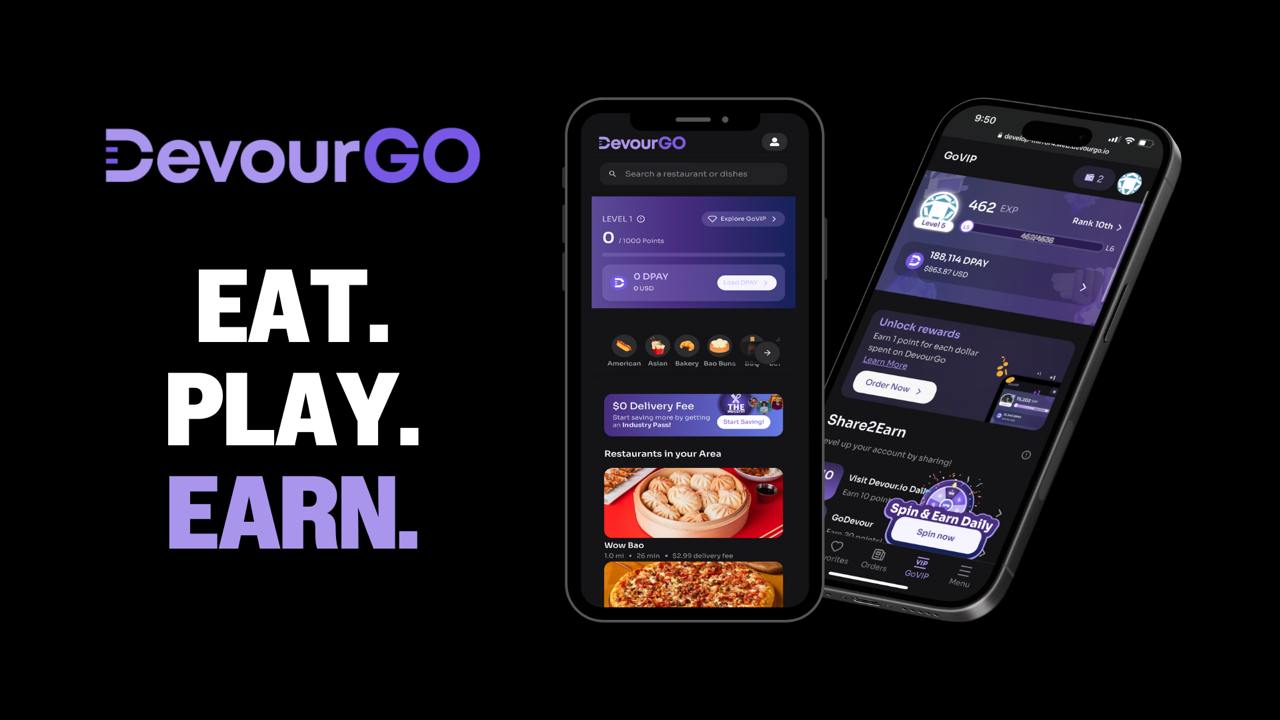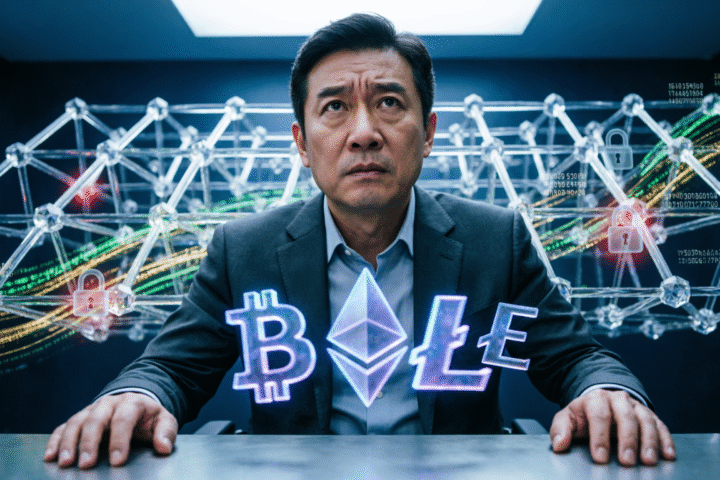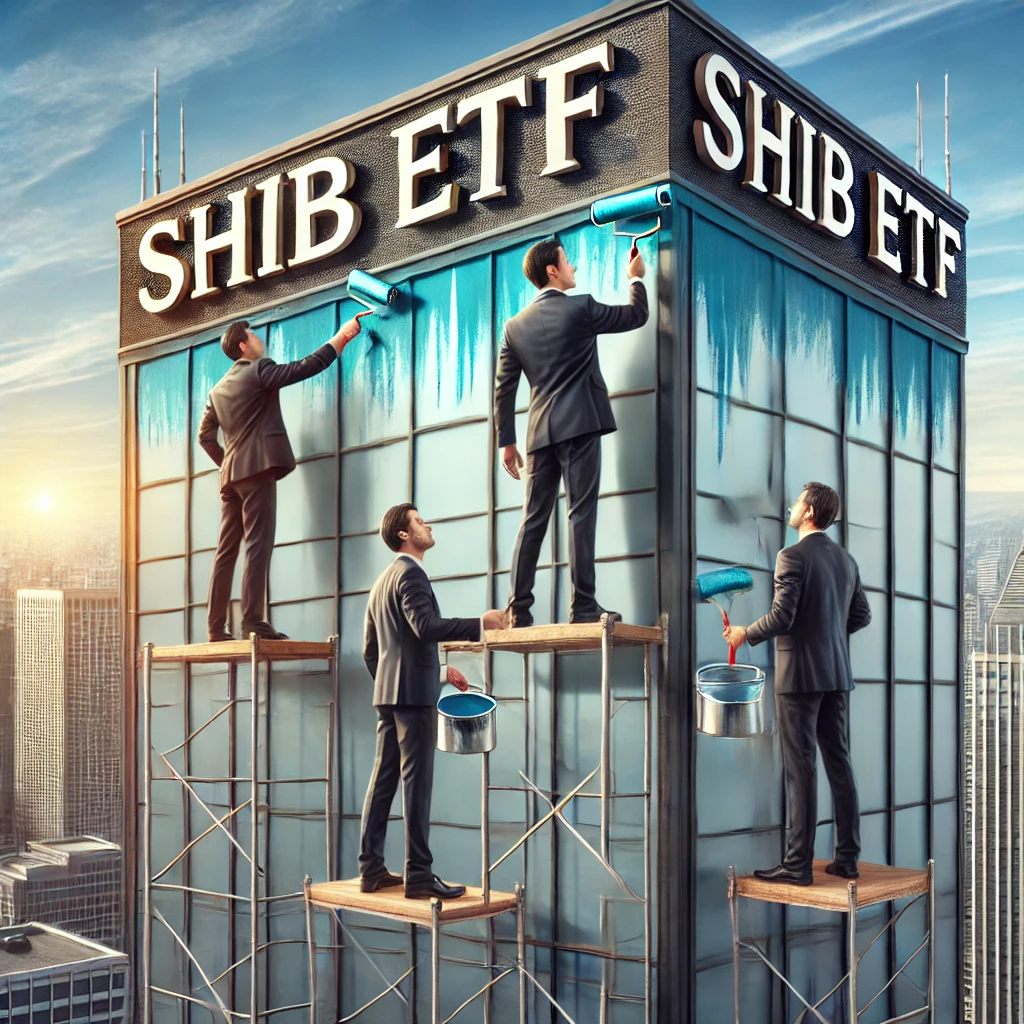We covered DevourGO recently when it made waves in the cryptosphere when the first ever Web3 food delivery paid entirely with $SHIB was completed on the platform.
Key Points
- We covered DevourGO recently when it made waves in the cryptosphere when the first ever Web3 food delivery paid entirely with $SHIB was completed on the platform
- DevourGO already serves over 78,000 locations across the United States and plans to expand to Canada later this year
- But rather than resting on those achievements, like a true Web3 disruptor, it is already plotting its global expansion
The food ordering marketplace stands out with a laser-focused Web3 vision and catchy programs that leverage the unique possibilities offered by blockchain technology to endear itself to its users and build a thriving and loyal community.
DevourGO already serves over 78,000 locations across the United States and plans to expand to Canada later this year. But rather than resting on those achievements, like a true Web3 disruptor, it is already plotting its global expansion.
Read below excerpts from the conversation between Shelly Rupel, the CEO of Devour, and our chief reporter Yona Gushiken. This interview has been edited for clarity.

Yona: What was the initial spark that led to the creation of DevourGO? What were the challenges or opportunities you saw within the Web3 community that inspired this platform?
Shelly: The initial spark for Devour came from my personal journey with crypto and blockchain technology. I was introduced to crypto in 2017 and began investing in 2018. During the pandemic I had the opportunity to really dive deep into the power of blockchain technology and that’s when I realized its potential to revolutionize various industries, particularly the restaurant sector. As a long time entrepreneur, I felt both compelled and capable of building a solution to bridge the gap between Web2 to Web3 in this space
I saw several key challenges in the restaurant industry that blockchain could address effectively — things like coupons, promotions, customer engagement, loyalty and payments.
For Web3 communities, I recognized two major opportunities. First, there was a need for a solution that could recognize and reward community membership. Second, I saw the potential to enable crypto holders to use their assets for everyday transactions like ordering and paying for food at scale
In essence, DevourGO was born out of a vision to transform how рeople interact with restaurants in the digital age, making it more rewarding, efficient, and aligned with the principles of Web3. We’rе not just building a platform; we’re pioneering a new approach to dining that harnesses the power of blockchain technology.
Yona: Decentralization is a core principle of DevourGO. How does the platform utilizes blockchain technology and smart contracts to achieve this decentralization, and what advantages does this offer compared to traditional food delivery apps?
Shelly: Support of decentralized systems is a pillar of the Devour platform. Here’s how we leverage blockchain technology and smart contracts to achieve this:
Token-Gated Promotions & Rewards: We utilize smart contracts to enable exclusive promotions and rewards for users who hold specific tokens. This creates a more engaged community and fosters a sense of ownership on the platform.
Auto-claiming of NFT Rewards: Smart contracts automate the claiming process for NFT rewards earned through campaigns and loyalty programs. This ensures a seamless user experience.
Recognition & Engagement based on Ownership: By leveraging blockchain assets like tokens and NFTs, DevourGO recognizes and rewards users based on their ownership with the ecosystem. This creates a stronger connection between users and the platform.
These features offer several advantages cоmpared to traditiоnal food delivery apps.
Enhanced User Experience: By automating processes and integrating blockchain features, DevourGO provides a more engaging and rewarding experience for users.
Community Building: Decentralization fosters a sense of community ownership within the DevourGO ecosystem.
Related: Binance Founder Zhao Says Lack of Privacy Hampers Crypto Payments Growth
Web3 Expansion: We move beyond just food delivery, taking Web3-powered food ordering into new spаces like gaming, entertainment and digital communities. This expands the reach of both users and restaurants.
DevourGO goes beyond just transactions. We’re building a connected food experience where users are valued and rewarded for their participation.
Yona: How does DevourGO plan to address the inherent сhallenges of the food delivery industry, such as ensuring timely deliveries, maintaining food quality, and handling customer support issues, all within a decentralized framework?
Shelly: At DevourGO, we’re reimagining the food delivery industry through the lens of Web3 principles. Our approach to addressing traditional challenges is rooted in leveraging blockchain technology and our native DPAY token to create a more efficient, transparent, and community-driving ecosystem.
We recognize that mass adoption requires a bridge between Web2 and Web3 for real-world impact. That’s why we’vе designed our platform tо be user-friendly for those new to blockchain, while still offering the benefits of decentralization.
Our DPAY token is at the heart of the Devour ecosystem, providing utility that goes beyond simple transactions. It’s also used for staking, rewards, and accessing premium features.
We believe that the path to a decentralized future is through practical, everyday applications that consumers already use and love. By leveraging this approach with a focus on user experience, we’re not just disrupting the food delivery industry—we’re creating a model for how traditional services can be transformed and decentralized, paving the way for a more open, fair and efficient food ordering system.
Yona: Beyond simply facilitating food orders, how does DevourGO envision fostering a vibrant and interconnected community among Web3 enthusiasts, restaurants, and food lovers?
Shelly: DevourGO is not just a food delivery platform; it’s a thriving ecosystem where Web3 enthusiasts, restaurants, and food lovers convеrge to create a unique, interconnected community. Our vision extends far beyond facilitating food orders—we’re cultivating a rich, interactive environment that turns every meal into an adventure.
At the heart of our community-building efforts is GoVIP, our gamified loyalty program. It transforms meals into quests for rewards; this gamification not only enhances user engagement but also creates a shared experience among our community members.
We’re also bridging the gap between digital assets and real-world experiences thrоugh our innovative NFT token-gated promotions. These coupled with our custom brand solutions featuring auto-minting capabilities, allow restaurants to create exclusive campaigns that resonate with Web3 enthusiasts while offering tangible benefits.
Our GoFriends feature takes community engagement to the next level. It recognizes and rewards digital communities, fostering friendly competition.
Recognizing the growing overlap between gaming and food culture, we can implement gaming integrations that seamlessly embed food ordering into digital worlds.
Lastly, our creator tools empower streamers and influencers to authentically promote and share their experiences with their audiences.
Together, these features create a rich, interactive ecosystem that transcends traditional food ordering. DevourGO is fostering a sense of belonging and shared experience among Web3 enthusiasts, restaurants, gamers and food lovers alike.
Related: Kusаma Reveals Details Of New AI Product in Recent Livestream
Yona: Please explain DevourGO’s tokenomics model?
Shelly: Devour $DPAY is the native token fоr the Devour Platform.
- Chain: Native to Ethereum, we have so far cross-chained to Solana and will continue to make DPAY available on additional chains.
- Launch: August 2022
- Supply: 5-billion total tokens
- Tokenomics: No taxes, 5-year total linear release cycle through 2027.
Use Case:
- Rewards: Earned through GoVIP and the DPAYBack program.
- Payments: Used for transactions on DevourGO.
- Cashback: 5% cashback (DPAYBack) for orders paid with DPAY.
- Merchants & Partners: Will also be able to reward in DPAY to incentivize users.
By intertwining $DPAY with core platform functions and incentive structures, we’ve created a tokenomics model that contributes significantly to DevourGO’s sustainability and growth. The token serves as both a reward and a utility, driving user engagement, facilitating transactions, and creating a shared economic interest among all users in the DevourGO ecosystem.
Yona: Security and data privacy are critical concerns in the Web3 space. Can you elaborate on the measures DevourGO has implemented to safeguard user data and ensure the security of transactions on the blockchain?
Shelly: DevourGO prioritizes security and data privacy. Here are some measures we take:
- Regular Audits: We conduct regular security checks and audits to identify and address vulnerabilities.
- Secure Infrastructure: We leverage industry-standard security practices and technologies to safeguard user data.
- Compliance: We strive to comply with all relevant data privacy regulations..
At DevourGO, we’re committed to continuously evolving our security measures, staying ahead of potential threats, and maintaining the trust of our community in this rapidly changing digital landscape.
Yona: How does DevourGO plan to address scalability challenges to ensure smooth and efficient operations during peak hours or periods of high demand?
Shelly: DevourGO’s approach to scalability is proactive and multifaceted, designed to ensure smooth operations as we grow to thousands of merchants and millions of users. Here’s how we ensure smooth operations:
- Scalable Architecture: Our system is designed to scale on demand as usage increases.
- DevOps Focus: Our engineering team prioritizes DevOps practices and scalability planning.
Yona: What sets DevourGO it apart from both traditional food delivery apps and other Web3-based platforms?
Shelly: DevourGO sets itself apart with several unique features, with gamification serving as a central and powerful differentiator. Unlike traditional food ordering apps that focus solely on the transaction, DevourGO transforms the entire food ordering experience into an engaging, game-like adventure.
The platform’s gamification elements include:
- Integration of gaming and food delivery, allowing for in-game ordering and player perk rewards
- A gamified loyalty program (GoVIP) that turns every order into a quest for points, achievements, and rewards
- Tokenized promotions and NFT-based rewards that create a sense of ownership and exclusivity
Gamification is a significant differentiator for DevourGO because it taps into the psychology of motivation and engagement, particularly appealing to the Gen Z demographic. By incorporating game-like elements, DevourGO transforms routine food ordering into an exciting and rewarding experience. This approach not only encourages repeat usage but also fosters a deeper emotional connection with the platform.

Additionally, DevourGO offers:
- Custom brand experiences for restaurants, allowing for unique, interactive promotions
- Creator tools for streamers and influencers, expanding the platform’s reach
- Comprehensive Web3 integration through the DPAY token, NFTs, and embedded wallets
These features, combined with the gamification elements, create an ecosystem that goes beyond simple food delivery. DevourGO offers an immersive, interactive experience that merges the digital and culinary worlds, setting it apart from conventional food ordering apps and appealing strongly to tech-savvy, experience-driven users.
Yona: About your expansion plans, current customer numbers and demographics?
I’m excited to share insights into DevourGO’s strategic focus and expansion plans, which highlight our potential for significant growth.
- Focus on Gen Z: We’ve tailored our platform with gamified features and Web3 integration to resonate with the tech-savvy, experience-driven preferences of Gen Z. This focus positions DevourGO to capture a rapidly growing and influential demographic.
- Current Geographic Coverage: Our current geographical footprint is substantial and poised for expansion. We proudly serve over 78,000 locations across the U.S. Looking ahead, we’re set to expand to Canada in Q3 of 2024. However, our ambitions extend far beyond North America. We’ve architected the platform with global scalability in mind, requiring only local dispatch and distribution partners to facilitate expansion into new regions worldwide.
- Go-to-Market Strategy: Our GTM strategy sets us apart from traditional food delivery sеrvices. Instead of engaging in resource-intensive marketing battles with established industry leaders, we’re leveraging strategic partnerships as our primary growth engine. We’re forging alliances with Web3 communities and gaming partners, allowing us to tap into existing networks of engaged users. This approach enables us to acquire groups of users efficiently by offering unique value propositions and enhanced engagement opportunities through these digital communities.
This partnership-centric strategy not only differentiates us in a crowded market but also aligns us perfectly with our Web3 ethos of community and decentralization. We’re not just entering new geographical markets, we’re pioneering a new paradigm in food delivery that resonates with the digital-first generation and communities of the future.












